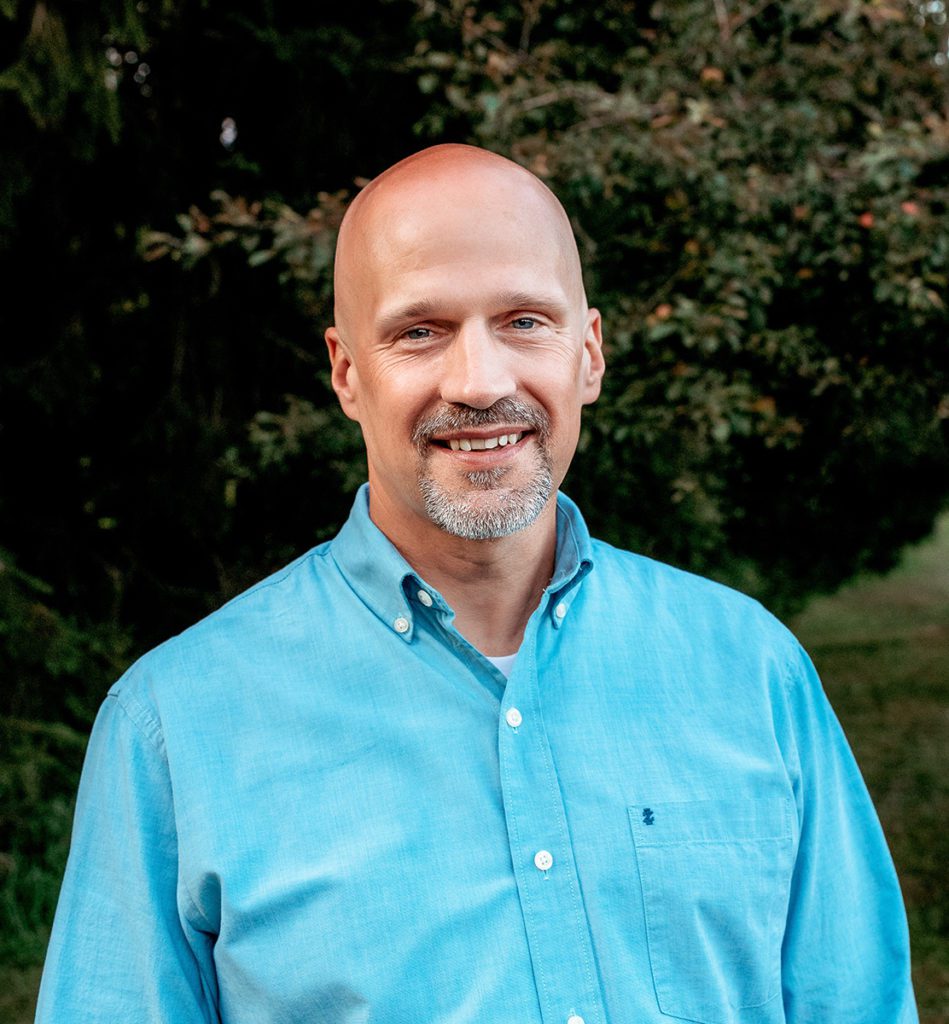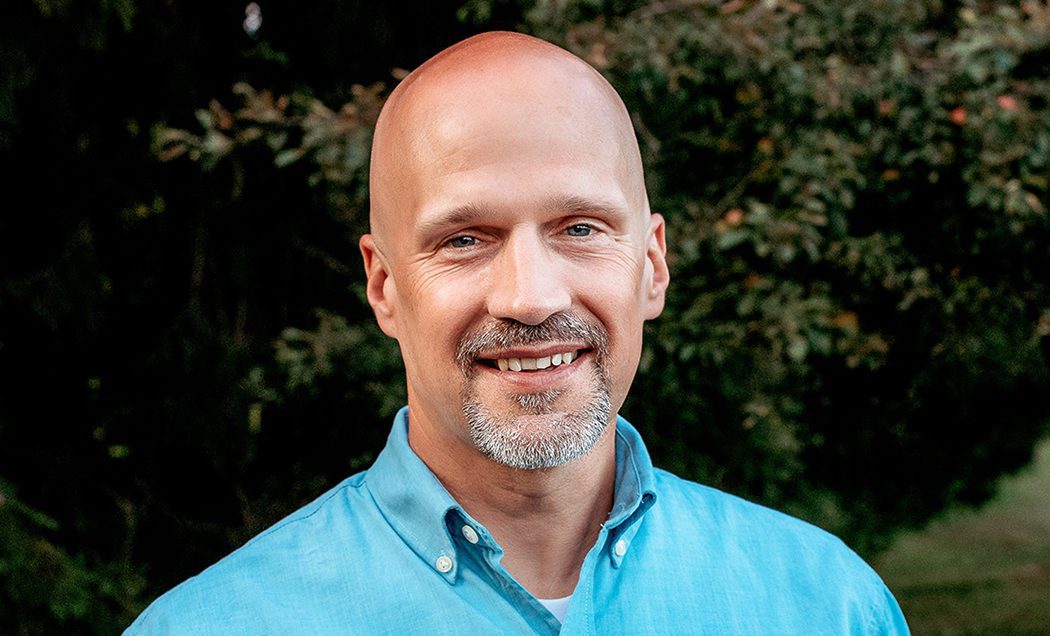Clemson University has announced James Anderson as the next director of the James Kennedy Waterfowl and Wetlands Conservation Center, a coordinated effort — with sister organization Nemours Wildlife Foundation and other public and private-sector partners — to lead in conserving the Atlantic wetland ecosystems through education, research and outreach.
Headquartered at the Baruch Institute of Coastal Ecology and Forest Science (BICEFS) — located on Hobcaw Barony, a 16,000-acre tract of undeveloped land along the Waccamaw Neck — the Kennedy Center is the first endowed waterfowl and wetlands conservation center along the 3,000-mile Atlantic Flyway stretching from the Canadian maritimes to the Gulf of Mexico.
A 30-year veteran researcher of wetland and wetland-dependent wildlife including waterfowl, Anderson joins Clemson after serving as the Davis-Michael Professor of Forestry and Natural Resources and a professor of wildlife ecology and management at West Virginia University.
For Anderson, who has enjoyed exploring wetlands since he was a kid, the chance to conduct research and explore wetlands along the southeast Atlantic Coast — a new region for him — was something he could not pass up.

“The prospects of working at a center dedicated to wetland and waterfowl was especially appealing,” Anderson said. “I am passionate about educating and mentoring students, and the opportunity to train future waterfowl managers and wetland ecologists through the Kennedy Center was certainly a selling point for me.”
Having published more than 150 scientific articles and served as major advisor for more than 50 graduate students, Anderson will also serve as a professor in Clemson’s Department of Forestry and Environmental Conservation (FEC).
Todd Petty, the FEC chair, said the Kennedy Center is incredibly important to the department as a hub of excellence in research, education and outreach.
“The focus of the center on coastal wetland ecology and waterfowl populations is of growing national importance as coastlines come under increasing pressure from development and climate change,” Petty said. “Dr. Rick Kaminski played a vital role in helping to establish the center and help it to grow to national prominence. Now we welcome Dr. James Anderson, who I believe is the perfect person to lead the center to an entirely new level of national and international prominence. Dr. Anderson is one of the foremost wetland ecologists in the world, and we couldn’t be more excited for him to join our faculty and research scientists at the Baruch Institute.”
Kaminski, who recently announced his retirement after serving as the Kennedy Center director since 2015, expressed his gratitude to Jim Kennedy for establishing the only such endowed center in eastern North America.
“We are delighted that Dr. Anderson will join and lead the center as its new director,” Kaminski said. “Dr. Anderson possesses three decades of professional and personal experiences working with waterfowl and wetland systems ecology and management. He will diversify the teaching, research and service roles of the center, and I look forward to helping and collaborating with him in existing and new endeavors in waterfowl and wetlands conservation in the south Atlantic and beyond.”
Nemours Wildlife Foundation President Ernie Wiggers said his organization — which is housed on the nearly 10,000-acre Nemours Plantation in Beaufort County and aims to develop and use management practices that conserve and sustain wildlife populations and their habitats — looks forward to continuing its work with the Kennedy Center with Anderson at the helm.
“Over the past five years the Nemours Wildlife Foundation has worked closely with Dr. Kaminski and the Kennedy Center on a number of waterfowl and wetlands research projects, and we have had the pleasure to have several students who took courses under Dr. Kaminski as our interns and graduate students,” Wiggers said. “Through this partnership we are tackling some very challenging topics such as a one-of-a-kind wood duck recruitment study with study sites across eight states in the mid-Atlantic and Southeastern regions. These projects will help answer critical questions waterfowl biologists have, and we look forward to new collaborations with Dr. Anderson as we continue these regional efforts relating to waterfowl and wetlands ecology.”

The Kennedy Center is part of Clemson’s research efforts along South Carolina’s coast, where scientists at the Baruch Institute have studied the coastal environment for more than a half-century, including the environmental impact of changing land-use patterns, coastal natural resource conservation, forestry, water quality and watershed management.
“We are excited that Dr. Anderson is joining us at the Baruch Institute,” BICEFS Director John Andrae said. “His extensive background in wetland and waterfowl ecology complements the programmatic needs of the Kennedy Center and makes him the ideal person to lead it into the future.”
BICEFS is one of six Research and Education Centers (RECs) strategically located throughout the state according to the state’s distinct soil and climate regions. Collectively known as the Clemson Experiment Station, the RECs are part of the broader mission of Clemson’s College of Agriculture, Forestry and Life Sciences (CAFLS) to improve the quality of life for people in their home state, nation and the world.
“We are thrilled to have Dr. Anderson aboard,” CAFLS Dean Keith Belli said. “Jim’s extraordinary experience and expertise will assure a smooth transition from Dr. Kaminski, who has done an excellent job as the founding director. We are looking forward to Jim’s leadership to ensure the Kennedy Center will continue guiding and supporting graduate students and providing for outreach of technical information on ecology and management of waterfowl and wetlands.”
Having spent three decades in the field, Anderson has experience working on a wide variety of research projects in coastal salt and freshwater wetlands. He said the Center’s location in an area of tremendous development and rising sea levels, coupled with a diversity of wintering ducks, makes for many more interesting and impactful research questions ahead.
“I appreciate the generosity and vision of Mr. Kennedy’s support of waterfowl and wetland conservation,” Anderson said. “I am inspired by Dr. Kaminski’s leadership in moving the Center forward and I’m incredibly excited about joining Clemson University and collaborating with partners to lead the James C. Kennedy Waterfowl and Wetlands Conservation Center to new heights. I can’t wait to get started.”
Anderson and his wife, Heather, have long enjoyed visiting the Lowcountry and are very excited to relocate there and share their love of the area with their grown children and Labrador Retriever that loves to hunt. Anderson studied wildlife at the University of Wisconsin-Stevens Point as an undergrad before earning his master’s in range and wildlife management through the Caesar Kleberg Wildlife Research Institute at Texas A&M University-Kingsville and a Ph.D. in wildlife science from Texas Tech University.
Get in touch and we will connect you with the author or another expert.
Or email us at news@clemson.edu

